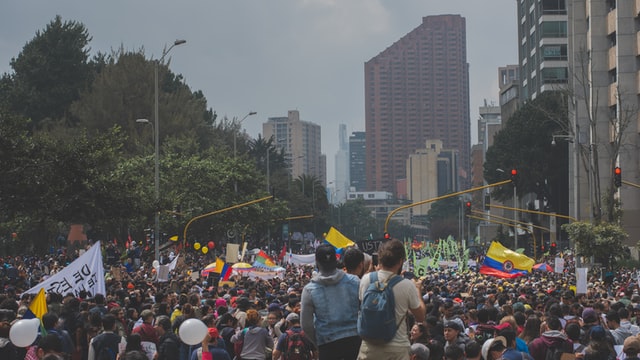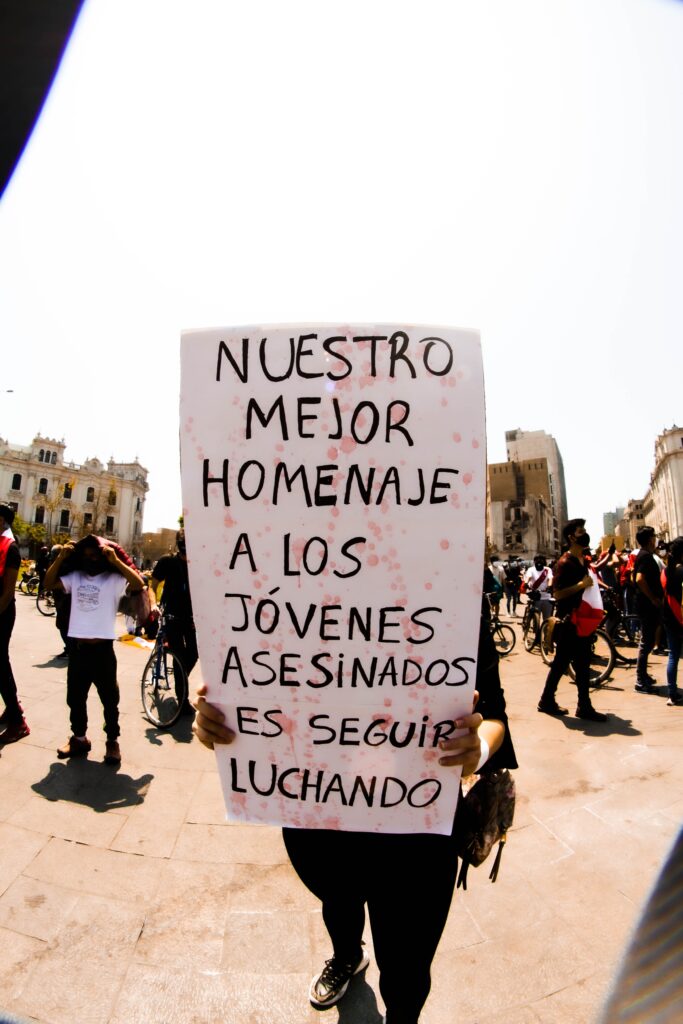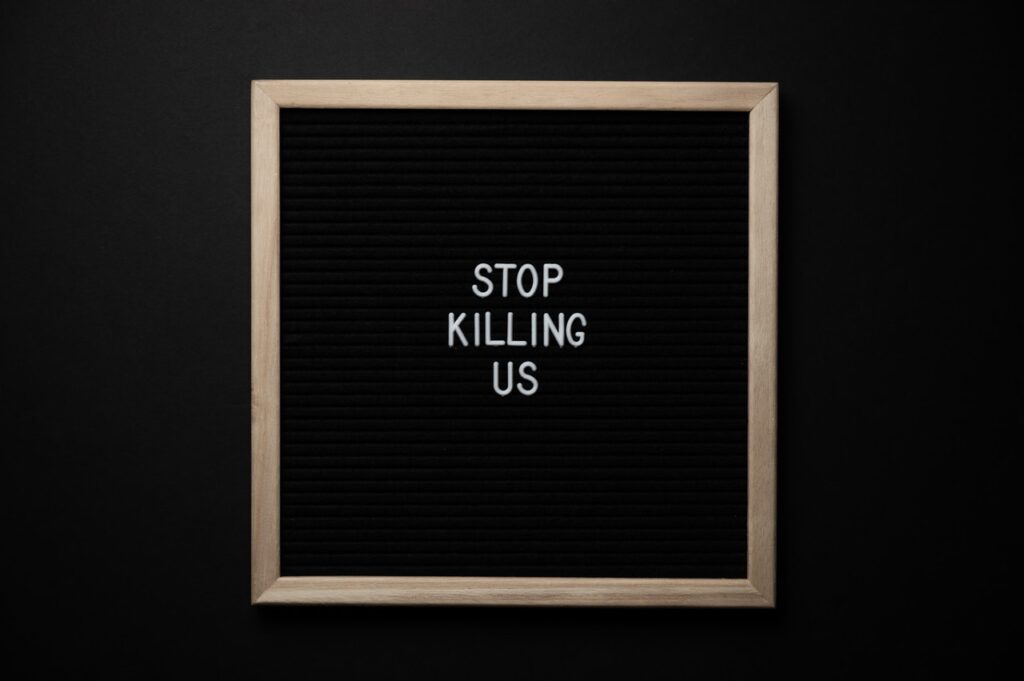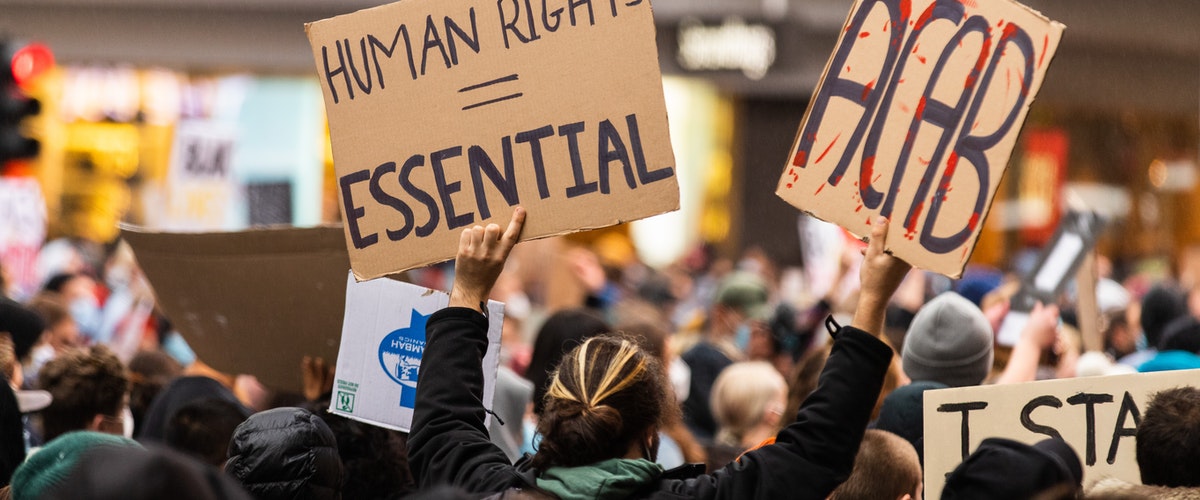We all might know the common stereotypes not only of Colombia but all of Latin America: “People are too dangerous.”, “Women are usually maids.”, “The cliché of narcos”, “good food”, “great dancers”, “poor people”, “corruption”, “inequality”, etc. As a Colombian, I want to make known what is happening in my country underneath all those stereotypes.
A problem that affects nations everyday: Corruption
The global coalition against corruption defines venality as the abuse of power for private gain, whether through paying bribes to gain access to public services or to get out of legal trouble. At first, this can easily go unnoticed, much like a small fire, until the smoke starts to spread thus reaching thousands of people.
How can this “smoke” affect a nation? The fire of corruption could burn down a whole country, increasing levels of insecurity and inequality, exacerbating poverty and social division. It weakens democracy, hampers economic development, and aggravates environmental crises.
When someone steals money intended for education, the healthcare system, or a country’s infrastructure, the possibilities for a better, more secure future and a fair justice system are being burned by corruption.
This is why not just in Colombia but in many other countries around the world, demonstrations are taking place. Millions of citizens are raising their voices to fight against the inequality that costs them their livelihood, rights, freedom, life, and chances for the future.
The awakening of a nation
On November 21st, 2019, a national strike began in different cities of Colombia showing the public’s discontent with the radical policies imposed in economic and environmental sectors by the current president Ivan Duque. However, this was not the only reason for Colombians to protest. The murder of social activists and increasing corruption also unleashed the unconformity of the nation.

During this first strike, the demonstrations turned violent when riot police fired a projectile during an anti-government protest fatally wounding teenager Dilan Cruz. Months later, in September 2020, police forces abused their power again when they beat and tasered a man, Javier Humberto Ordoñez until he died. These are only two of the many known cases that happened in the context of the protests. However, over the years and in 2021 more victims of abuse of public force have come forward.
In 2021 and the face of a health emergency, Finance Minister Alberto Carrasquilla unveiled the tax reform proposal after which millions of Colombians took to the streets again, on April 28th, 2021, to fight for their rights.
The reform
The tax reform (Sustainable Solidarity Law) was a government proposal on how to cover the county’s debt from the current pandemic crisis. The government’s solution proposed to collect 23 billion Colombian pesos ( 5.997.751,40 US dollar, 5.052.057,06 €).
According to Minister Carrasquilla, Colombian citizens had to collect 73% of this money. This included lowering the threshold at which salaries are taxed, affecting anyone with a monthly income of $656 or more. The minimum wage in Colombia oscillates around 234 US dollars per month. Another item on the proposal was to increase the VAT which is already at 19% for basic products such as water, electricity, gas, funeral services, electronics, and food.
After the reform was launched, Colombians disagreed with it, since political and business elites did not allow them to participate in creating adequate conditions for a better future, additionally not offering measures against corruption.
As mentioned above, corruption can cost a nation a lot. In Colombia for example it costs between 1.6 percent and five percent of its GDP every year. Business tax evasion has been estimated to be around five percent of GDP while VAT evasion represents just around 23 percent.
The resistance
Despite the Covid-19 virus killing hundreds of people on top of the abuse by the public forces, it was the tax reform that triggered Colombians to take to the streets for days. Even when the government withdrew the proposal, millions of people continued to show their unconformity about the increasing unemployment rate and the restricted access to education.

“Our best tribute to the murdered youths is to keep on fighting.”
In 2016, the Colombian government signed the peace process, which offered a possibility of integration into Colombian society to FARC. This would facilitate them adequate access to economic and educational opportunities. However, it had met delays indicating “a low probability that the objectives will be achieved”.
Due to the lack of effectiveness of this process, organized crime is still present and responsible for the homicide of around 300 social activists despite state presence, all because of the immense ability of criminal groups to corrupt authorities. This being another reason why Colombians protest.
Why are Colombians still fighting?
Can you imagine not being able to eat when your body naturally asks for it? With rising unemployment in the pandemic 68,8% Colombians of 15,000 surveyed, claimed that they cannot eat three meals a day. However, one of the points in the tax reform proposal was to raise the taxes for basic foods.
Imagine working from sunrise to sunset and still not having enough to live beyond pure survival? The minimum wage in Colombia is 200,68 € per month and the average salary is 303,33€ while in other countries, like Austria, the minimum wage is around 1,500 € and the monthly average between 1,700 and 2,120€. The cost of living in Colombia for a single person is around 321.02€ without rent. The rent for a one-bedroom apartment outside the city center is around 232€ per month, while in Vienna the cost of living is around 550€ per month excluding rent.
Can you imagine fearing for the lives of your children who go out to fight for their rights? That’s how many mothers felt every day during the protests, and many of them had to experience the loss of their kids.

Demonstrations, not just in Colombia but also in other countries, end in violence when the human rights of peaceful demonstrators are violated. In the course of the demonstrations in Colombia, the cases of abuse of power resulted in 34 deaths and 6 acts of sexual violence. In other countries, human rights are compromised also, like in Chile where the death toll of the 2019 protests was 27, and in Nigeria where 25 people were shot or otherwise wounded, and one of them died.
Why is it important to know about this? May privilege not cloud your empathy
It is true that Colombia is not the only country that is going through hard times and whose population suffers from corruption. Wanjira Mathai, Vice President and Regional Director for Africa, World Resources Institute, told her story and experience with corruption in Nairobi in a TED talk. Her mother fought against corruption and, after she passed away, Wanjira decided to find a way to uproot corruption culture. Her idea was to stop corruption way before it even begins by teaching kids integrity and leadership skills.
Exposing corruption and holding the corrupt accountable can only happen if we understand the way corruption and the systems that enable it, work. We all can contribute to fighting this issue in many countries by informing ourselves and sharing the hope that this crucial information reaches the people with the power to help.
Thank you for reading until the end and thanks to people worldwide for fighting for their rights, despite violence and fear.
Feature Image: Mitchell Luo on Pexels.


